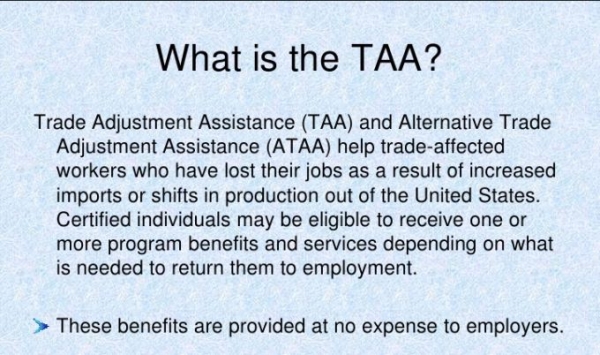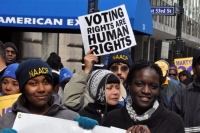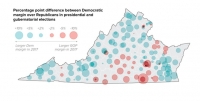Passing trade bills opposed by a majority of Americans does not get easier with delay because the more time people have to understand what’s at stake, the angrier they get and the more they demand that their congressional representatives represent their will.
Welcome to the weekend as the millions of Americans across the political spectrum actively campaigning against Fast Track will intensify their efforts to permanently retire the Nixon-era scheme and replace it with a more inclusive, transparent process that instead of more job-offshoring can deliver trade deals that create American jobs and raise our wages.
Today the allegedly unstoppable momentum of the White House, GOP leadership and corporate coalition pushing Fast Track to grease the path for adoption of the almost-completed, controversial Trans-Pacific Partnership (TPP) deal just hit the immovable object called transpartisan grassroots democracy.
The crazy gimmicks employed to try to overcome what polls show is broad opposition to Fast Track actually backfired. Yesterday, the House GOP leadership put most GOP representatives on record in favor of cutting Medicare by $700 million with a vote on a procedural gimmick. Today, it was Democrats’ ire about a gutted version of a program to assist workers who will be hurt by the trade agreements Fast Track would enable that was the proximate cause of the meltdown. That program was included only to try to provide cover for the two dozen Democrats who would even consider supporting Fast Track at all.
Today’s outcome is a testament to the strength and diversity of the remarkable coalition of thousands of organizations that overcame a money-soaked lobbying campaign by multinational corporations and intense arm-twisting by the GOP House leadership and the Obama administration. The movement now demanding a new American trade policy is larger and more diverse than in any preceding trade policy fight. It includes everyone from small business leaders and labor unions to Internet freedom advocates and faith groups to family farmers and environmentalists to consumer advocates and LGBT groups to retirees and civil rights groups to law professors and economists.


 Imagine going to the polls on Election Day and discovering that your ballot could be collected and reviewed by the
Imagine going to the polls on Election Day and discovering that your ballot could be collected and reviewed by the ACLU Blueprints Offer Vision to Cut US Incarceration Rate in Half by Prioritizing 'People Over Prisons'
ACLU Blueprints Offer Vision to Cut US Incarceration Rate in Half by Prioritizing 'People Over Prisons'  "These disasters drag into the light exactly who is already being thrown away," notes Naomi Klein
"These disasters drag into the light exactly who is already being thrown away," notes Naomi Klein  How about some good news? Kansas Democratic Representative advances bill for Native Peoples.
How about some good news? Kansas Democratic Representative advances bill for Native Peoples.  What mattered was that he showed up — that he put himself in front of the people whose opinions on
What mattered was that he showed up — that he put himself in front of the people whose opinions on On a night of Democratic victories, one of the most significant wins came in Virginia, where the party held onto
On a night of Democratic victories, one of the most significant wins came in Virginia, where the party held onto A seismic political battle that could send shockwaves all the way to the White House was launched last week in
A seismic political battle that could send shockwaves all the way to the White House was launched last week in In an interview with Reuters conducted a month after he took office, Donald Trump asserted that the U.S. had “fallen
In an interview with Reuters conducted a month after he took office, Donald Trump asserted that the U.S. had “fallen Attorney General Jeff Sessions overturned the sweeping criminal charging policy of former attorney general Eric H. Holder Jr. and directed
Attorney General Jeff Sessions overturned the sweeping criminal charging policy of former attorney general Eric H. Holder Jr. and directed